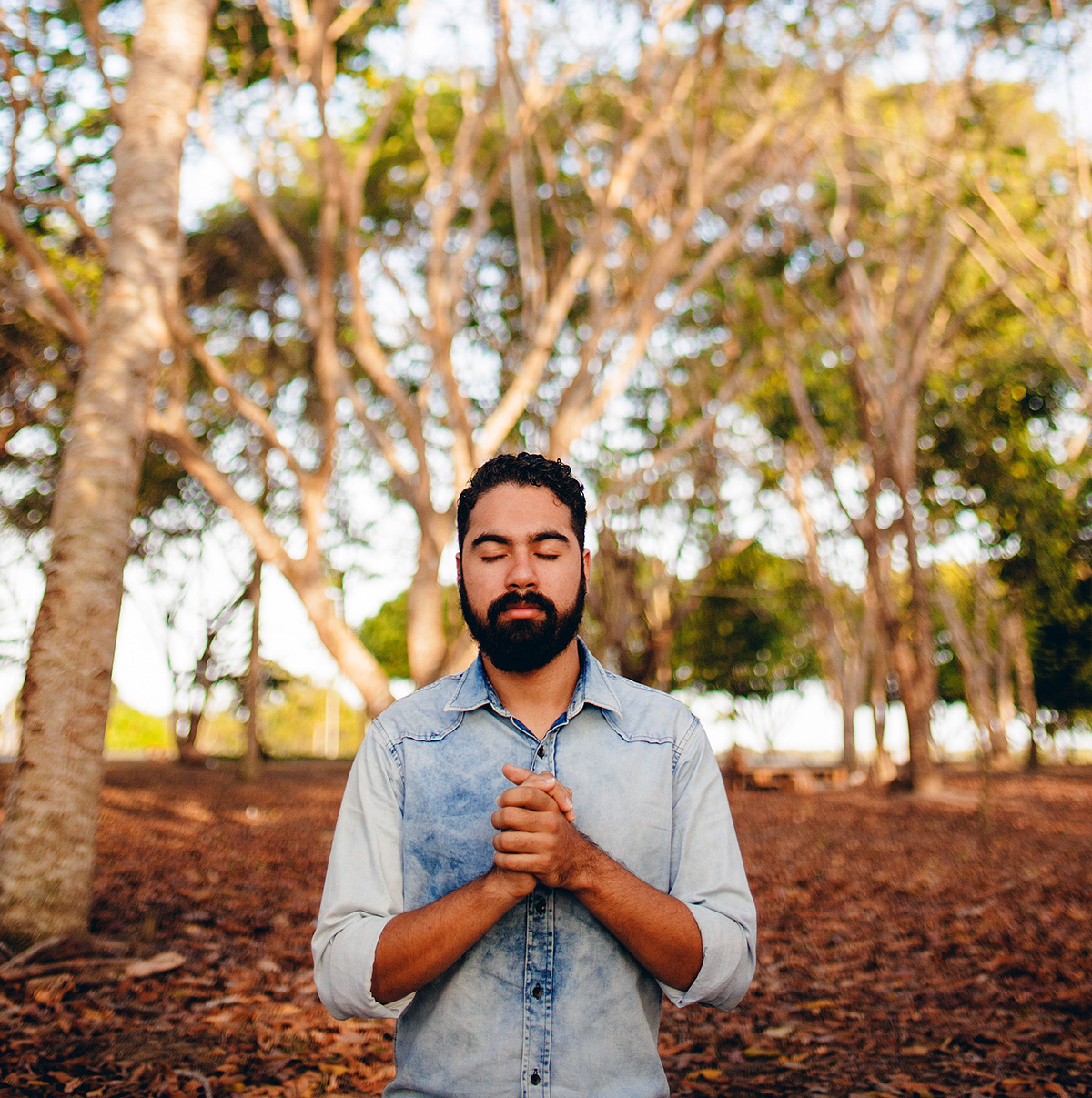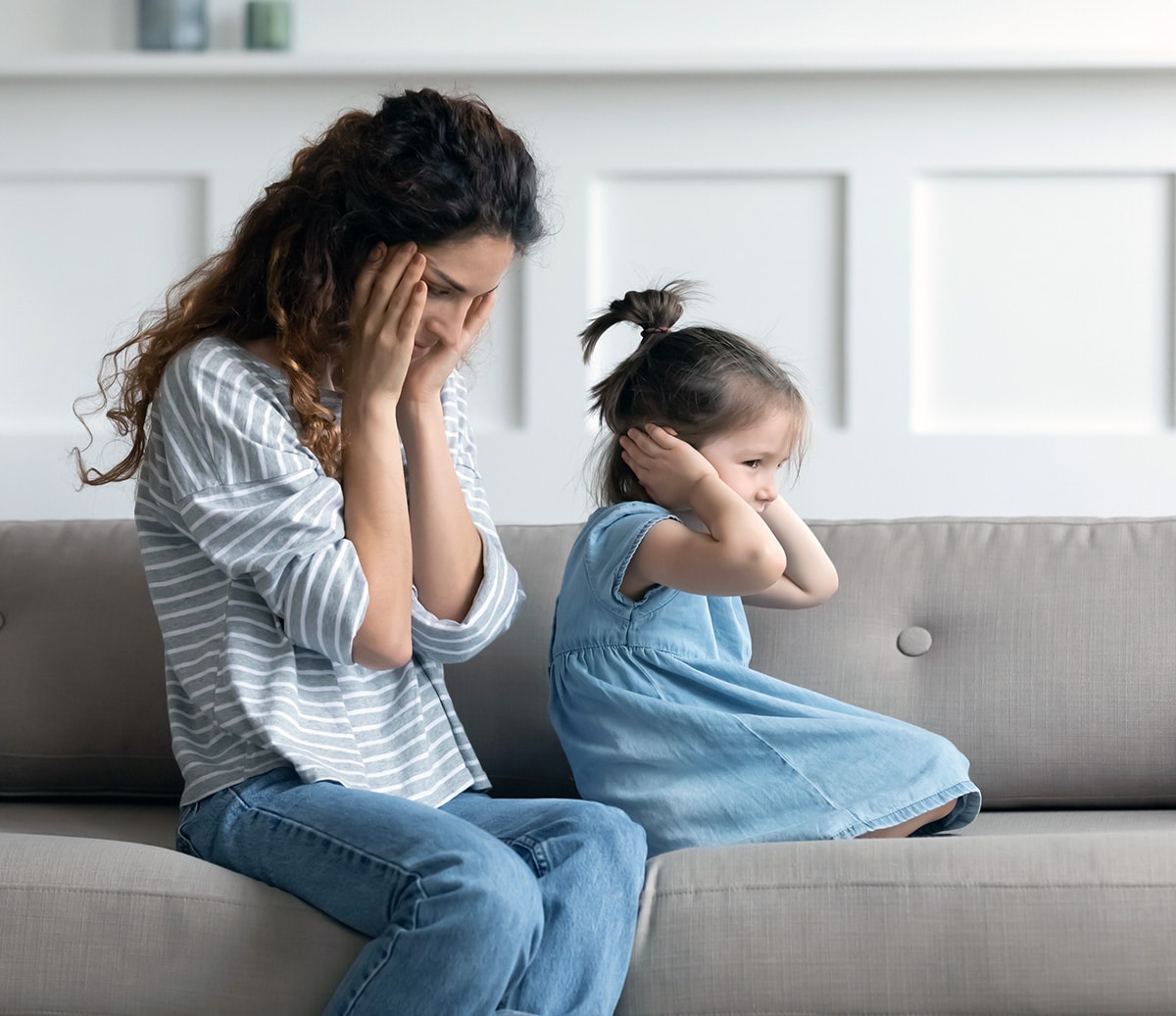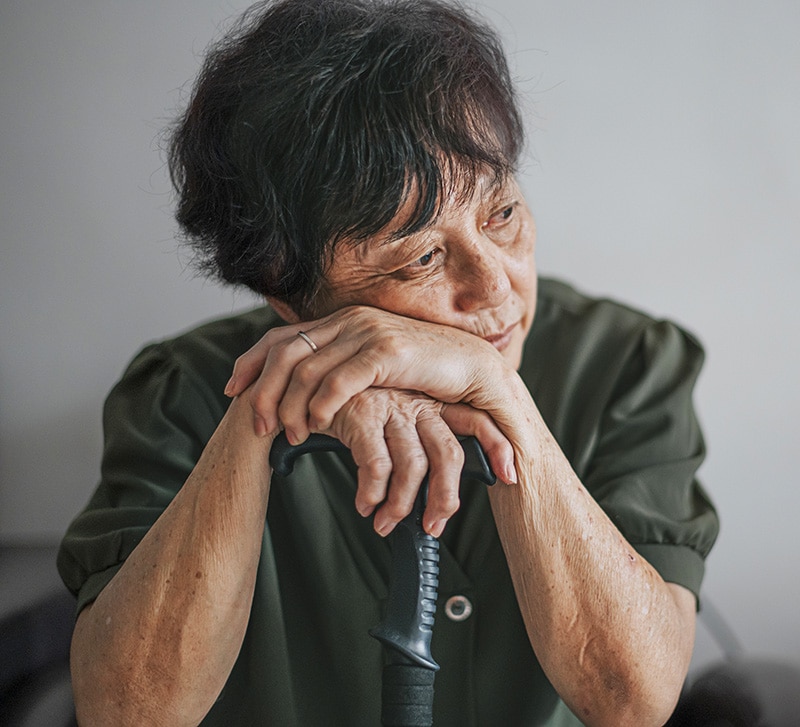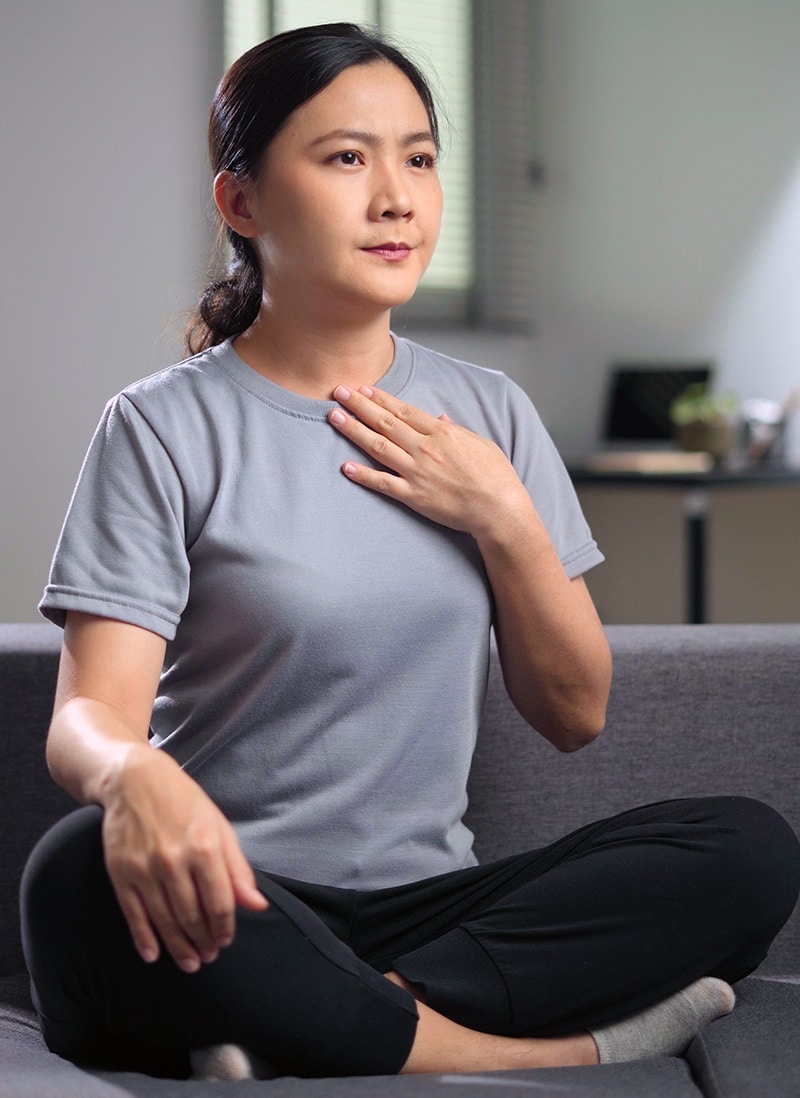Guided Meditation That Provides Tools to Deal With Challenging Emotions – Episode 91 (video)
Robert continues with the second installment of the Guided Meditation series where he emphasizes the importance of becoming aware of difficult emotions. This episode takes this awareness and clarifies how to integrate it with our heart and self-caring. Robert and Dave invite listeners to focus on practice. Read More . . .










